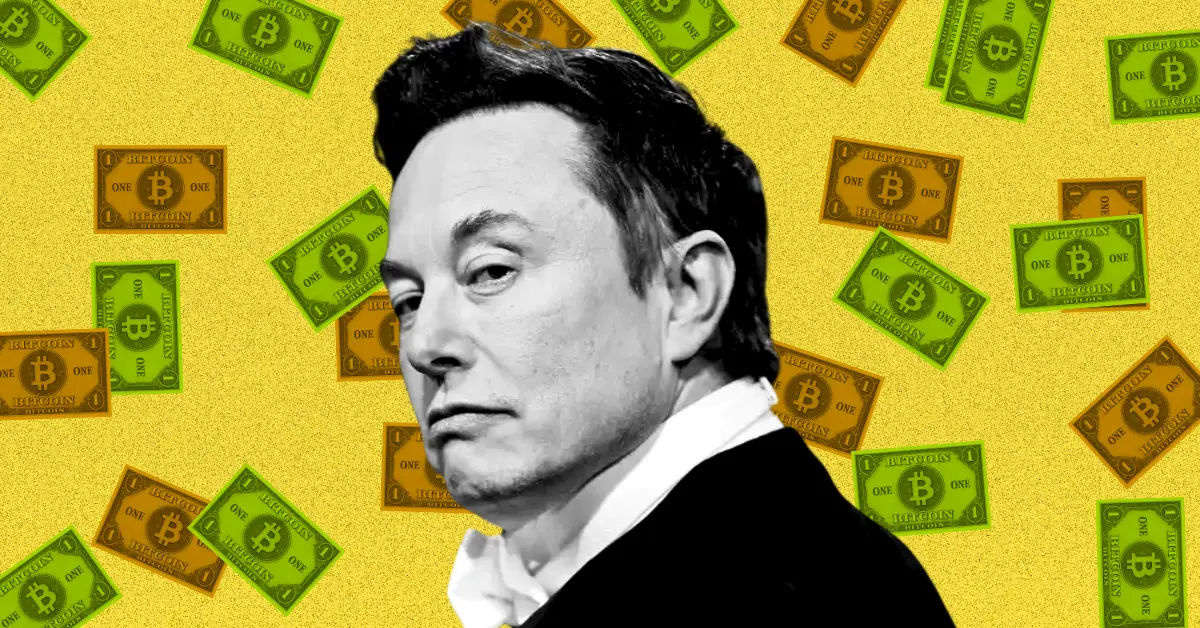The internet has always been a breeding ground for absurdity, but few could have predicted that a meme featuring a Shiba Inu dog with comically broken English captions would evolve into a symbol of political and cultural influence. The journey of “Doge” from an internet joke to a government agency is a testament to the power of meme culture and its intersection with real-world power structures. This evolution is best understood through three key phases: the meme itself, the cryptocurrency Dogecoin, and the Department of Government Efficiency (DOGE).
The Origins: What is “Doge”?
The “Doge” meme began in 2010 with a photograph of a Shiba Inu named Kabosu, captured by Japanese kindergarten teacher Atsuko Sato. The image gained traction when anonymous internet users overlaid it with humorous, grammatically incorrect captions in Comic Sans font, such as “such wow” and “very scare.” The meme’s appeal lay in its absurdity and relatability, resonating with anyone who has experienced moments of awkwardness or existential dread. By 2012, “Doge” had become a staple of internet culture, spreading across platforms like Tumblr, Reddit, and Twitter. Unlike other memes, “Doge” stood out for its linguistic quirks and positive, whimsical tone, making it a beloved symbol of internet humor.
Dogecoin: From Parody to Phenomenon
In late 2013, software engineers Billy Markus and Jackson Palmer launched Dogecoin as a satirical take on the cryptocurrency boom. Designed as a joke, Dogecoin featured a Shiba Inu mascot and an unlimited supply, contrasting with Bitcoin’s scarcity-driven model. Initially, Dogecoin was used for micro-tipping and charity drives, such as sponsoring the Jamaican bobsled team for the Winter Olympics. Its community, known as the “DOGE Army,” embraced the coin’s playful ethos, fostering a sense of camaraderie among its users.
The landscape shifted in 2021 when Elon Musk, CEO of Tesla and SpaceX, began tweeting about Dogecoin. His endorsements, combined with the coin’s meme-driven momentum, propelled Dogecoin to a market capitalization of tens of billions. While the price eventually stabilized, Musk’s involvement cemented Dogecoin’s place in both internet folklore and the broader financial landscape. The coin’s journey from parody to a legitimate financial instrument highlights the power of memes to influence real-world markets.
Musk, Trump, and DOGE: When Meme Meets Power
In late 2024, President-elect Donald Trump appointed Elon Musk as co-head of the newly formed Department of Government Efficiency, abbreviated as “DOGE.” This move was a blend of spectacle and strategy, reflecting Trump’s penchant for unconventional appointments and Musk’s meme-friendly persona. The agency’s mission was to streamline government operations, but its name and Musk’s involvement added a layer of absurdity to the endeavor.
Musk’s tenure at DOGE was marked by a mix of serious reform efforts and playful antics. He embraced the “Dogefather” moniker, engaging in tongue-in-cheek banter with political opponents and media outlets. However, the intersection of meme culture and government drew both praise and criticism. Supporters saw it as a refreshing break from bureaucratic norms, while detractors viewed it as a trivialization of public service. By spring 2025, Musk stepped down, leaving behind a legacy that was as much about cultural impact as it was about policy.
Legacy of “Doge”: Memeification of Public Life
The story of “Doge” extends beyond a single meme or cryptocurrency; it reflects a broader cultural shift where internet humor infiltrates the highest echelons of power. The rise of “Doge” as a government agency underscores several key trends:
Internet Culture’s Infiltration of Power
Meme culture has become a language of political communication, with figures like Trump and Musk leveraging it to connect with younger audiences and bypass traditional media scrutiny. The use of memes in governance signals a shift towards more informal and relatable forms of leadership, though it also raises questions about the appropriateness of such approaches in serious contexts.
The Two-Edged Sword of Irony
The embrace of irony in public life can be both empowering and disempowering. On one hand, it allows for creativity and engagement with younger demographics. On the other, it risks undermining the gravity of important issues. The “DOGE” agency, for instance, was seen by some as a clever nod to innovation, while others viewed it as a distraction from substantive policy discussions.
The Enduring Power of Community
At the heart of “Doge’s” success is its community. Whether through memes, cryptocurrency, or government initiatives, the “DOGE Army” has demonstrated the power of collective action and shared identity. This sense of belonging has driven everything from charitable donations to political engagement, showcasing how online communities can translate into real-world impact.
Goodbye, Dogefather: Where Next for DOGE?
Musk’s tenure at the DOGE agency was a unique experiment in blending meme culture with government reform. While the agency’s mission of improving efficiency remains relevant, its legacy is likely to be remembered more for its cultural impact than its policy achievements. The episode highlights a broader trend: the blurring of lines between satire and reality in public life.
As memes continue to influence politics, finance, and culture, the story of “Doge” serves as a reminder of the internet’s power to shape the world. What began as a joke has evolved into a symbol of the times, reflecting the ways in which digital culture intersects with real-world power. The next time you encounter a “Doge” meme, remember that it is more than just a funny image—it is a mirror of our collective cultural and political landscape.

